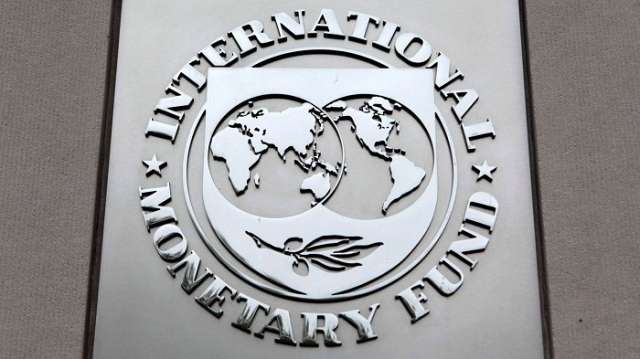The International Monetary Fund (IMF) projects a notable reduction from a peak of 9.4 percent in Q3 2022 to barely 3.5 percent by the end of 2025 in a hopeful update on the global economic scene. Although this is an encouraging view in the latest World Economic Outlook report, IMF Director of Research Pierre-Olivier Gourinchas stresses the need of a concerted "policy triple pivot" to increase resilience in a changing economic environment and warns of ongoing risks like geopolitical tensions and supply chain disruptions notwithstanding this hopeful view.
Director of the IMF Research Department Pierre-Olivier Gourinchas noted at the press conference that lowering trend of inflation is supported by an unwinding of supply and demand tensions coupled with labor supply increases. He said, "now inflation came down while the global economy remained resilient," adding that "growth is projected to hold steady at 3.2 percent in 2024 and 2025."
Although several rich nations show signs of recovery, the United States is predicted to enter a cooling phase. For 2024, China's growth prediction has somewhat dropped to 4.8 percent. Meanwhile, low-income nations are seeing more dramatic declining trends mostly due to shocks connected to climate that compromise economic stability and continuous conflict.
Emerging markets particularly in services could still be subject to inflationary pressure. “We have now entered a world dominated by supply shocks, from climate, health, and geopolitical tensions. This makes the job of central banks harder,” Gourinchas said. The IMF recommends a "policy triple pivot" targeted at relaxing monetary policy, stabilizing fiscal measures, and deploying growth-enhancing reforms to strengthen resilience against global uncertainty in order to handle these issues.
The second pivot emphasizes the urgent need to stabilize debt and rebuild fiscal buffers. While too rapid tightening could impede development, delaying consolidation poses the danger of economic disturbance, therefore, a balanced and long-term budgetary adjustment is essential.
The third and most difficult pivot favors home innovation over protectionist policies. Short-term industrial policies may provide quick gains, they often lead to reprisals, so sustainable development depends on structural changes that enhance human capital and competitiveness.
From 6.7 percent in 2023 to 5.8 percent in 2024 and even lower down to 4.3 percent in 2025, the latest estimate by the IMF indicates that global headline inflation is projected to drop. Advanced economies are predicted to see a faster disinflation path with inflation expected to drop by 2 percent from 2023 to 2024, thereby stabilizing around 2 percent in 2025. From 8.1% in 2023 to 7.9% in 2024, inflation rates in emerging markets and developing economies will drop more slowly; a more notable decline will be to 5.9% in 2025.
Variations in inflation paths across emerging markets reflect regional differences: sub-Saharan Africa and the Middle East face continuous double-digit inflation due to currency depreciation and agricultural challenges; whereas emerging Asia is expected to align with advanced economies due to proactive monetary policies and price controls.
Moreover, the study shows a general decline in core inflation, which will help to significantly reduce world inflation by 2025. This shift runs counter to 2023, when headline inflation dropped mostly from lower fuel prices. By 1.3 percent in 2024, the delayed consequences of limited pass-through from past price peaks and strict monetary policy could lower core inflation.
Influenced by yearly carryover from 2024, inflation targets are expected to be exceeded in more than three-quarters of advanced and emerging economies by 2025, notwithstanding the gains. Most countries should be almost at their inflation targets by 2025, hence nearing completion of the disinflation process.
Gourinchas underlined that "vigilance remains key," especially in view of global supply shocks from climate, health, and geopolitics, therefore complicating central banks' efforts.
More about:
















































